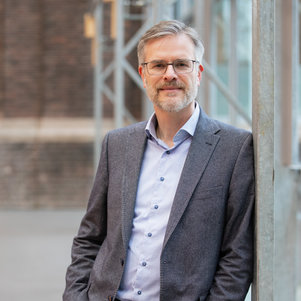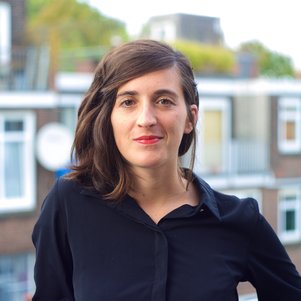Urban Studies

Urban Studies focusses on the interactions between people, the (built) environment and urban design in the context of growing spatial inequalities at various spatial scales. Spatial inequalities are increasing globally, at the level of neighbourhoods, within cities and between cities in larger urban systems. Urban Studies focusses on better understanding the causes, patterns and consequences of these growing inequalities, with the multi-level interaction between people and places taking centre stage in our research. One the one hand, we investigate the effects of spatial inequalities on the behaviour, well-being, and interactions of (individual) people. These interactions between people and the built and social environment take place at the level of buildings, streets, neighbourhoods, cities but also larger urban systems. Through our research, we aim to better understand how neighbourhoods, cities and urban systems develop, and how different spatial configurations and structures emerge (within and between cities), including the dynamics of spatial inequality, and how these changing configurations affect people across the life course.
On the other hand, we investigate how people influence the socio-spatial structures and the built environment around them. Active citizens can improve the conditions in their living environment through direct action and in collaboration with local institutions and governments. We also study the impact of residential mobility and migration of people on their origin and destination environments.
The research in Urban Studies is interdisciplinary and empirical in nature, using both qualitative and quantitative research methods and a multi-scale approach. Our methodologies include a strong emphasis on the use of very large longitudinal register data sets, advanced statistical techniques and advanced modelling approaches to experiment with (policy) scenarios of inequality reduction. Our mission is to better integrate social science knowledge of the relationships between people and place in the urban design process, by developing design principles. Our teaching and education on all levels is strongly interwoven with our research. Our students integrate empirical research and design activities in the context of real-life settings and problems, in co-operation with professionals and citizens. In terms of societal impact, our work contributes to the development of urban design and development strategies to optimise the spatial organisation of neighbourhoods, cities and larger systems to increase the social well-being of individuals and communities, economic competitiveness, and social and environmental sustainability.
Our research concentrates on four topics which are organized around various spatial scales and the interactions between these scales: between people in their living environment, between neighbour-hoods; within cities; and between cities and urban systems:
- Causes and consequences of urban inequalities.
- The implications of people-place interactions in the urban design process.
- How citizens actively influence daily living environments.
- Dynamics of socioeconomic inequality in urban systems.
Staff

Prof. Dr. Maarten van Ham

Prof. Dr. Ir. Machiel van Dorst
Section Leader

Dr. Reinout Kleinhans

Dr. Ana Petrovic

Dr. Clementine Cottineau

Dr. Thomas Verbeek
